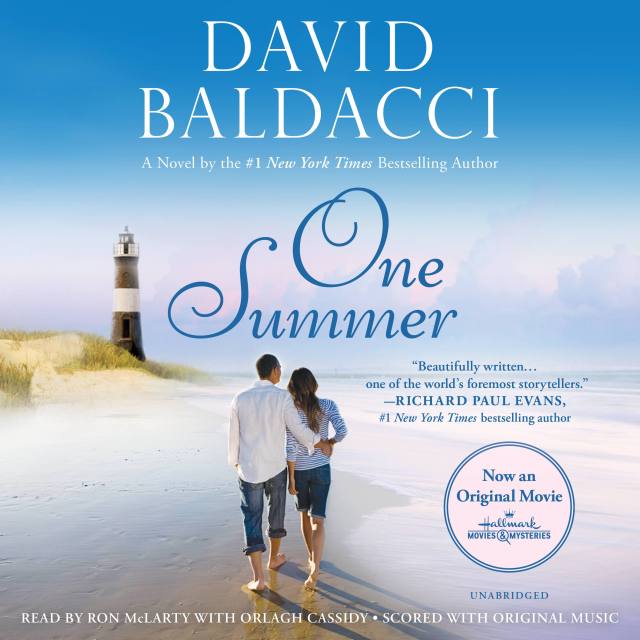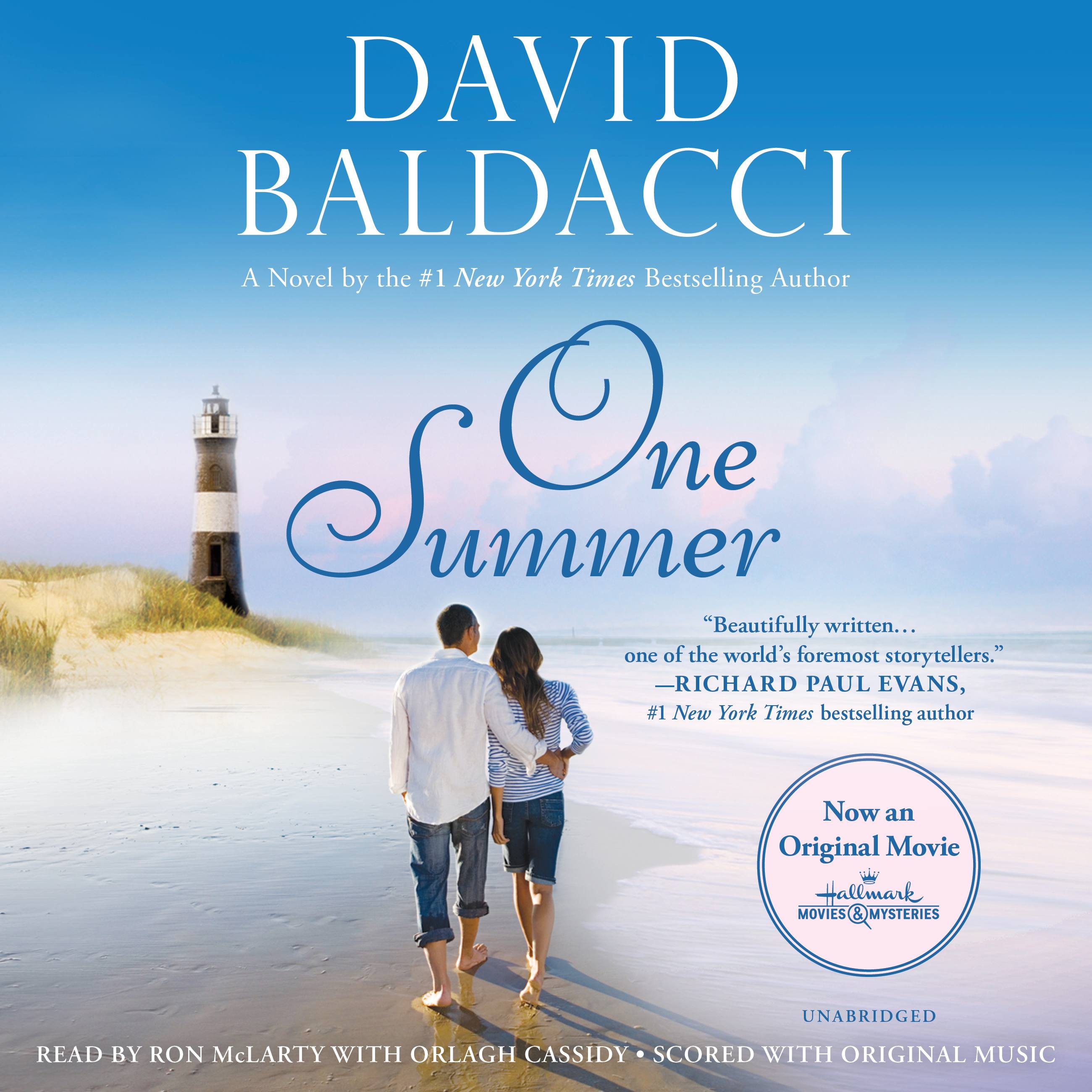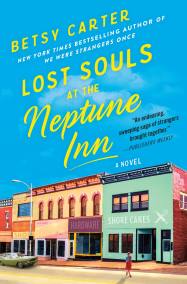By clicking “Accept,” you agree to the use of cookies and similar technologies on your device as set forth in our Cookie Policy and our Privacy Policy. Please note that certain cookies are essential for this website to function properly and do not require user consent to be deployed.
One Summer
Contributors
Read by Ron McLarty
Read by Orlagh Cassidy
Formats and Prices
- On Sale
- Jun 14, 2011
- Publisher
- Hachette Audio
- ISBN-13
- 9781609413002
Price
$24.98Format
Format:
- Audiobook Download (Unabridged) $24.98
- ebook $7.99 $9.99 CAD
- Hardcover (Large Print) $44.00 $55.00 CAD
- Trade Paperback $17.99 $22.99 CAD
This item is a preorder. Your payment method will be charged immediately, and the product is expected to ship on or around June 14, 2011. This date is subject to change due to shipping delays beyond our control.
Buy from Other Retailers:
David Baldacci delivers a moving, family drama about learning to love again after terrible heartbreak and loss in this classic New York Times bestseller—soon to be a Hallmark original movie.
It’s almost Christmas, but there is no joy in the house of terminally ill Jack and his family. With only a short time left to live, he spends his last days preparing to say goodbye to his devoted wife, Lizzie, and their three children. Then, unthinkably, tragedy strikes again: Lizzie is killed in a car accident. With no one able to care for them, the children are separated from each other and sent to live with family members around the country.
Just when all seems lost, Jack begins to recover in a miraculous turn of events. He rises from what should have been his deathbed, determined to bring his fractured family back together. Struggling to rebuild their lives after Lizzie’s death, he reunites everyone at Lizzie’s childhood home on the oceanfront in South Carolina. And there, over one unforgettable summer, Jack will begin to learn to love again, and he and his children will learn how to become a family once more.
It’s almost Christmas, but there is no joy in the house of terminally ill Jack and his family. With only a short time left to live, he spends his last days preparing to say goodbye to his devoted wife, Lizzie, and their three children. Then, unthinkably, tragedy strikes again: Lizzie is killed in a car accident. With no one able to care for them, the children are separated from each other and sent to live with family members around the country.
Just when all seems lost, Jack begins to recover in a miraculous turn of events. He rises from what should have been his deathbed, determined to bring his fractured family back together. Struggling to rebuild their lives after Lizzie’s death, he reunites everyone at Lizzie’s childhood home on the oceanfront in South Carolina. And there, over one unforgettable summer, Jack will begin to learn to love again, and he and his children will learn how to become a family once more.
Genre:
-
"If you know David Baldacci only as a thriller writer, you need to read more of David Baldacci. In One Summer, he writes as beautifully and insightfully about the pathways of the human heart as he does about the corridors of power. The twists and turns in this hugely emotional and unforgettable novel come from the resilience of one father's spirit and the revelation of the love that binds a family, in this world and even beyond. If you read one book this summer, make it One Summer."Lisa Scottoline, author of Save Me
-
"Just when you think David Baldacci has a permanent bird's eye view of the Pentagon from Air Force One, he surprises us all with a beautifully told story of the fate of a family devastated by loss and healed by love. One Summer has it all, humor, grace and redemption, delivered with humanity and wisdom in the capable and sure hands of America's great storyteller."Adriana Trigiani, bestselling author of Very Valentine and Lucia, Lucia
-
"One Summer is a beautifully written story about family, redemption and hope. Baldacci demonstrates why, regardless of genre, he's one of the world's foremost storytellers."Richard Paul Evans, #1 bestselling author of The Walk and The Christmas Box
-
"[A] touching family story."USA Today
-
"[Fans] will find in these pages a good message and a big heart."Washington Post
-
"Readers better have their hankies ready."RT Book Reviews
Newsletter Signup
By clicking ‘Sign Up,’ I acknowledge that I have read and agree to Hachette Book Group’s Privacy Policy and Terms of Use







